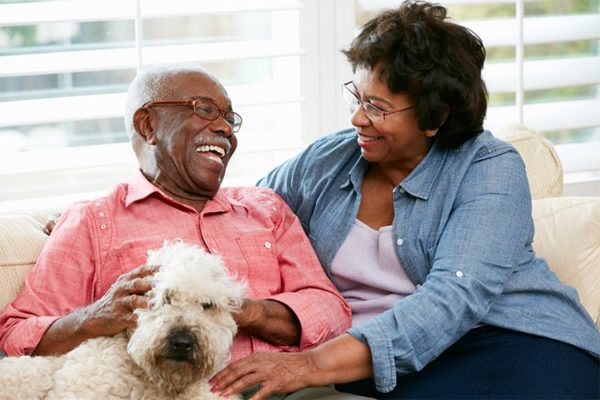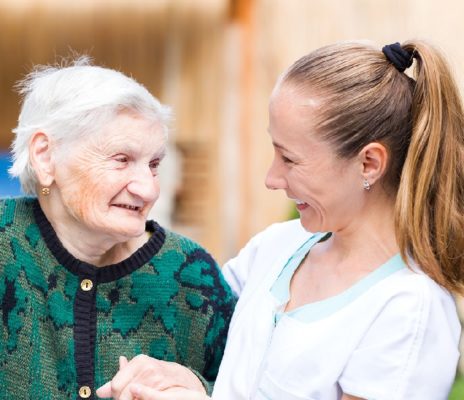Senior Citizens are targeted every day through e-mail, regular mail, and the telephone. Nearly every scam is designed to trick you into sending money or providing your personal information. They trick you into believing that you are about to win a prize. The other is by scaring you into believing something terrible has or will happen to you — like your home will be foreclosed on or you will be arrested.
Here are some of the most common schemes – and why they’re especially dangerous for seniors:
- Prescription Drug Scams
This is most often perpetrated via the internet when seniors search for better prices on specialized medications. Not only is there a danger of paying for meds that will not help the senior’s medical condition, but victims may purchase unsafe substances that can cause harm
- Health Care/Medicare/Health Insurance Fraud
There are endless varieties of this scam aimed at getting the personal information of seniors by scam artists who promise bogus services for elderly people and then use the information to bill Medicare and then pocket the money.
- Charity Scams
Scammers posing as charity workers contact seniors and offer up a sad story which, of course, concludes with a plea for funding. Seniors are taken in by the tale, and send along money to help. Charity scams often carry a note of urgency. - Help Scams
this is a scam that often confuses the elderly, as it causes them to panic and act without calmly considering the situation. A scam artist calls up the unsuspecting target, and with some basic information convinces the senior that he or she is a grandchild in a dire situation. Then, the scammer asks for financial help because of an accident or other emergency. - Internet Fraud
Seniors who are not computer savvy can be easy prey for scams that cause computer viruses that open information on the user’s computer to scammers.
You can help protect your senior and reduce their risk of financial abuse by making him or her aware of the risk of elder financial abuse.
- Avoiding isolation by staying involved with friends, family, and community activities.
- Seniors should include safeguards in their durable powers of attorney to help prevent those being misused by their agent is another way to secure his or her assets.
- Refuse to engage with anyone who calls or comes to the door selling anything or looking for donations is another good practice.
- Use direct deposit for checks ensures that they go right into their accounts and are protected.
- Never give credit card, banking, or other personal information out over the phone unless your senior loved one initiates the call.
Remember it is important to keep our senior citizens safe.




optimum
Way cool! Some extremely valid points! I appreciate you penning this post and the rest of the site is extremely good. Annaliese Prince Ilse
You made some decent factors there. I appeared on the internet for the issue and found most people will associate with with your website. Bernete Kermy Neysa
Thanks for any other informative blog. Where else may I get that type of info written in such an ideal means? I have a challenge that I am simply now running on, and I have been at the glance out for such information.| Kristine Dall Tildie
There is perceptibly a lot to realize about this. I consider you made some good points in features also. Aubree Jephthah Constance